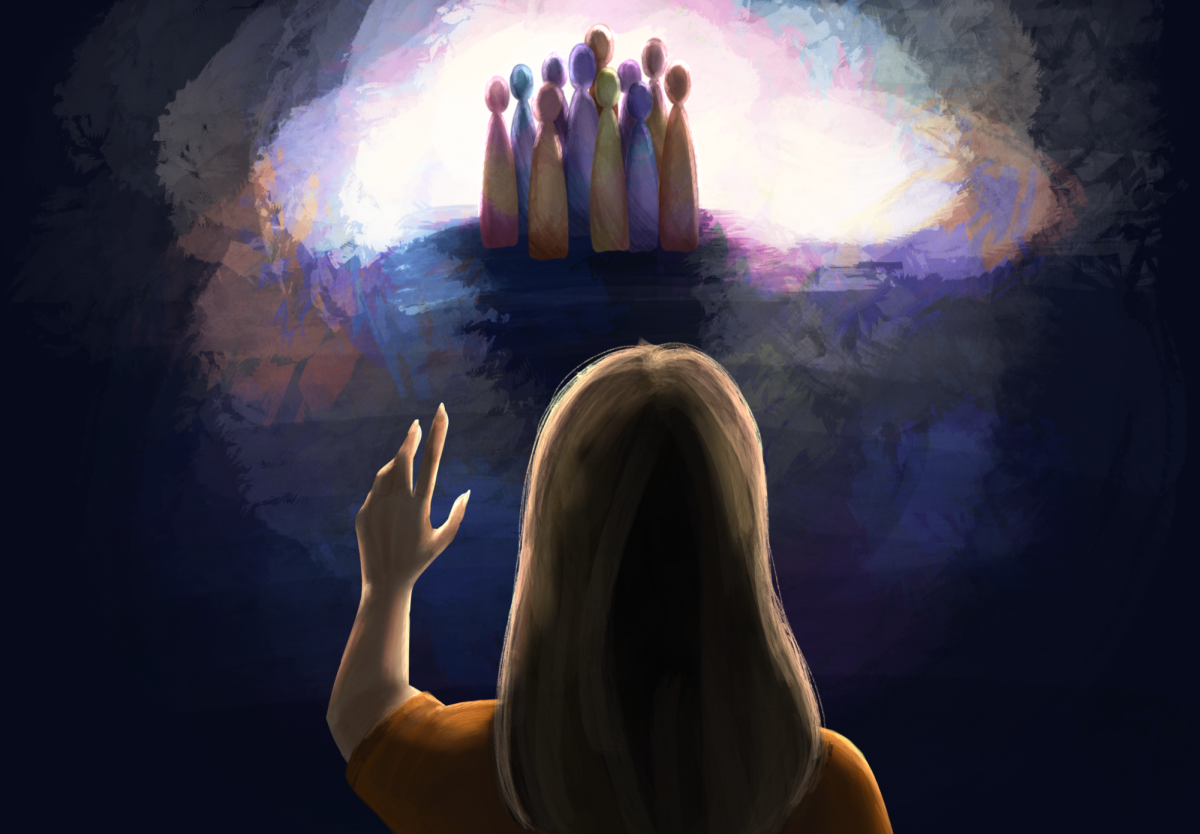Everyone has seen the “fire and brimstone” preachers on college campuses. In fact, in front of the Texas Union last Thursday, several such speakers were present and held a large sign that read in big print, “Trust Jesus and sin no more, you sinners!” A crowd of students encircled the speaker and the man holding the sign. It seemed as though a riot was forming. As an older man preached, students responded with angry comments and by yelling obscene things at him. Other students continued to mock the speakers, and one student even took off his shirt and put on a Spiderman mask to taunt them.
The group that was on campus Thursday travels five days a week to universities around the country to spread its religious message. But who are these preachers trying to attract, and what is their purpose? Religious discussions are supposed to foster meaningful dialogue, not hatred. Whatever message these preachers intend to convey is lost in the wind of anger and contention they create.
Faith and religion are important topics among college students. College is a transition in students’ lives where religion shifts from a parents’ or grandparents’ decision to an individual affirmation. There is a perception that when religious students go to college, they begin to turn away from their faith because of the supposed liberal and secular perspectives found at universities today. However, a 2007 study co-authored by UT associate professor Mark Regnerus found that students who pursue advanced degrees are more likely to retain their faith than those who do not go to college.
One reason this may occur is because of the thoughtful discussions about religion that colleges foster. These discussions can confirm a student’s faith or leave a student seeking deeper answers.
Talking about faith should be a common topic among students, especially on a campus as diverse as UT. Such conversations allow students of differing backgrounds to ask or answer questions of faith that they would typically not think about naturally. These conversations create a culture of tolerance where tough questions are asked in hopes of finding truth. Sadly, the abrasive methods many preachers regularly use shatter that environment.
The scene on Thursday was not a situation that allowed students to think deeper about faith. Although many students were disturbed by the preachers’ message, Christian students seemed to be the most saddened by the scene. They said that the speakers and their message did not truly reflect their faith due to the condemnation and hatred it promoted. For example, Mary Martha Bauman, a Plan II Honors senior, explained, “It’s incredible how some can be so ‘off’ on what the Gospel is about and on God’s nature. … What they say bothers me.”
So the question remains: How can we, as a University, create an environment that allows students to openly discuss religion and faith in a manner that generates dialogue, promotes truth and does not distort religious doctrine?
One suggestion is to boldly question each other. Often, religion is not deeply discussed outside of philosophy and religion classes. However, if students are more willing to casually discuss these topics with each other, then students could collectively create a more thoughtful culture on campus.
As colleges foster the search for knowledge on many different subjects, the search for faith should not be regarded as taboo. Instead, conversations must be open and marked by a spirit of love and tolerance.
Dafashy is a Plan II senior.

















